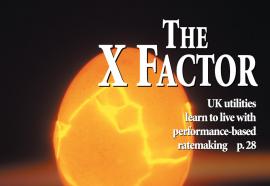Business & Money
An evolving market demands a greater focus on power prices and required return on equity.
Valuation can be difficult even in stable markets, and executives setting their company's strategic course need to understand how the market for power projects is evolving and what may lie ahead.




